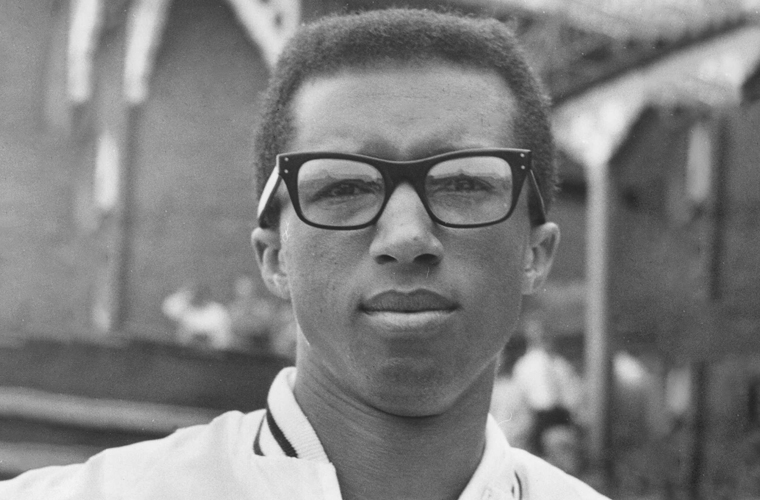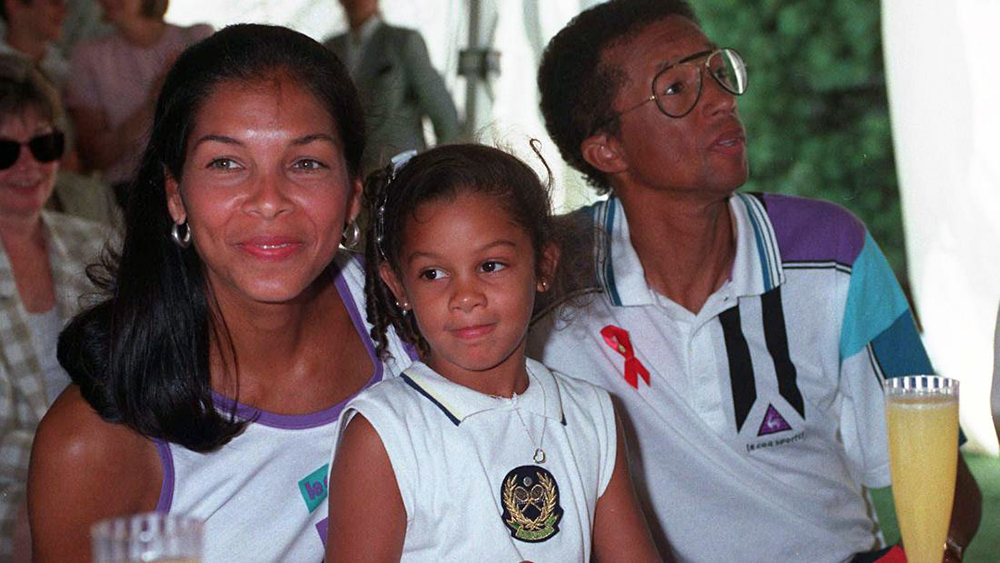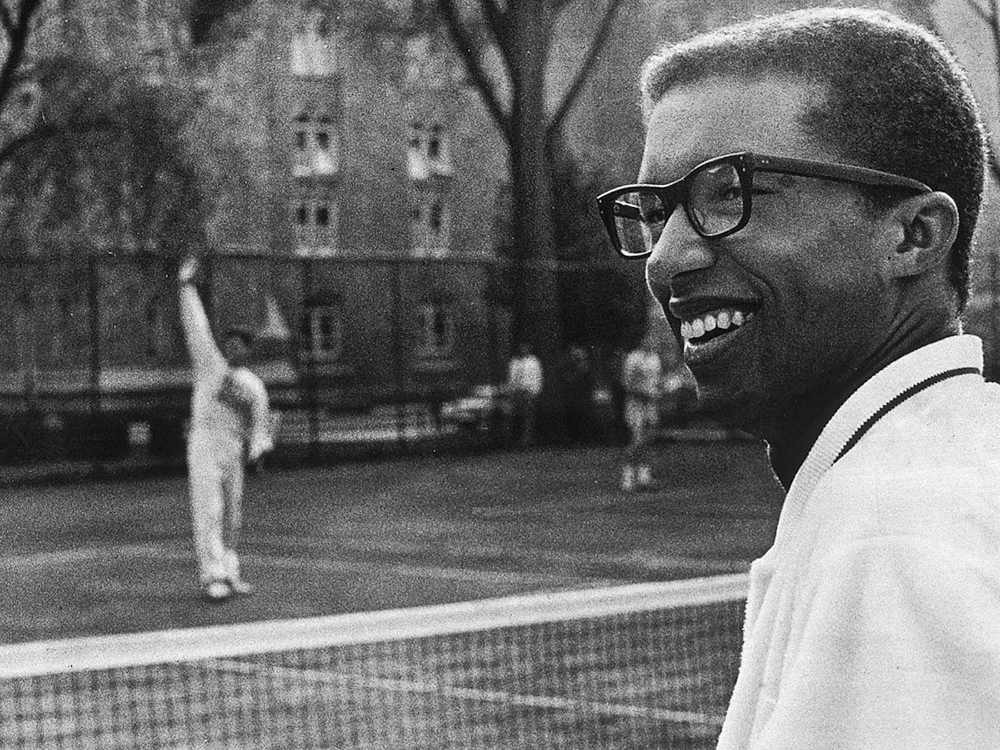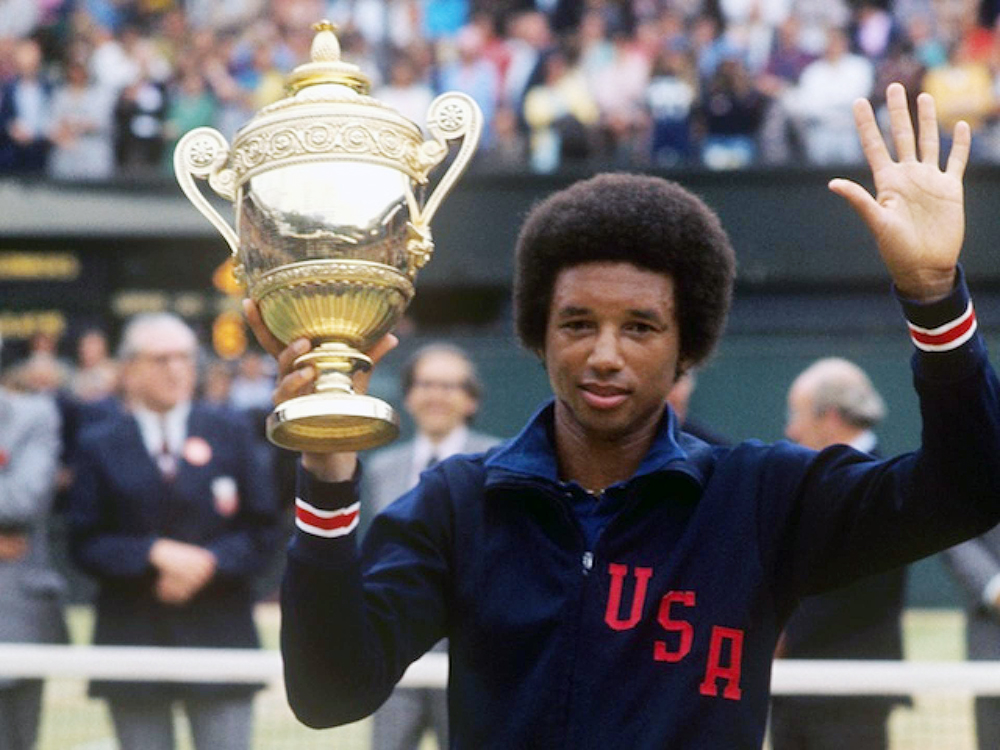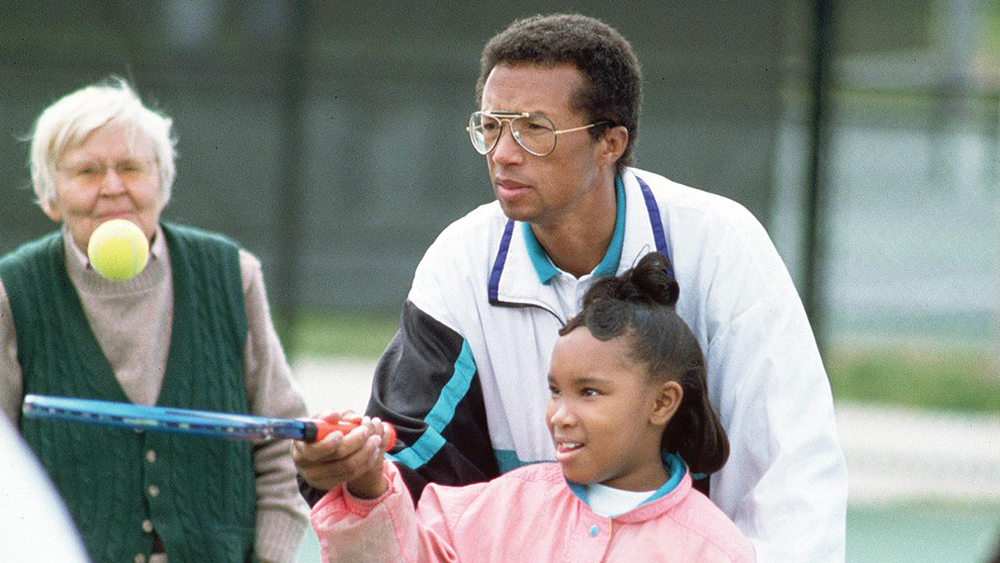Arthur Ashe (1943-1993) was an American professional tennis player and social activist. He was born on July 10, 1943, in Richmond, Virginia. Ashe is widely regarded as one of the greatest tennis players of his era and an influential figure in the fight against racial discrimination.
Ashe began playing tennis at a young age and quickly showed exceptional talent. He honed his skills on the public courts of Richmond, facing racial segregation and limited opportunities for African American players. Despite these challenges, Ashe’s talent and determination led him to earn a tennis scholarship to the University of California, Los Angeles (UCLA).
In 1965, Ashe became the first African American player selected to the United States Davis Cup team, a prestigious international tennis competition. He went on to win the Davis Cup with the U.S. team in 1968, 1969, and 1970. In 1968, he also won the U.S. Open, becoming the first African American man to win a Grand Slam singles title.
Throughout his career, Ashe faced various health issues, including heart problems and a later diagnosis of HIV/AIDS, which he contracted from a blood transfusion during heart surgery. Despite his declining health, he continued to play professional tennis until his retirement in 1980.
Off the court, Ashe was known for his advocacy for civil rights and social justice. He spoke out against apartheid in South Africa and was arrested during a protest against the segregationist policies of the government. Ashe also worked to promote education and sports opportunities for underprivileged children, establishing the Arthur Ashe Foundation for the Defeat of AIDS and the Arthur Ashe Institute for Urban Health.
Tragically, Ashe passed away on February 6, 1993, at the age of 49, due to AIDS-related pneumonia. His legacy as a tennis champion and social activist continues to inspire generations of athletes and activists around the world. The USTA Billie Jean King National Tennis Center in New York, the main venue of the U.S. Open, has a stadium named in his honor, the Arthur Ashe Stadium, paying tribute to his contributions to the sport and society.

